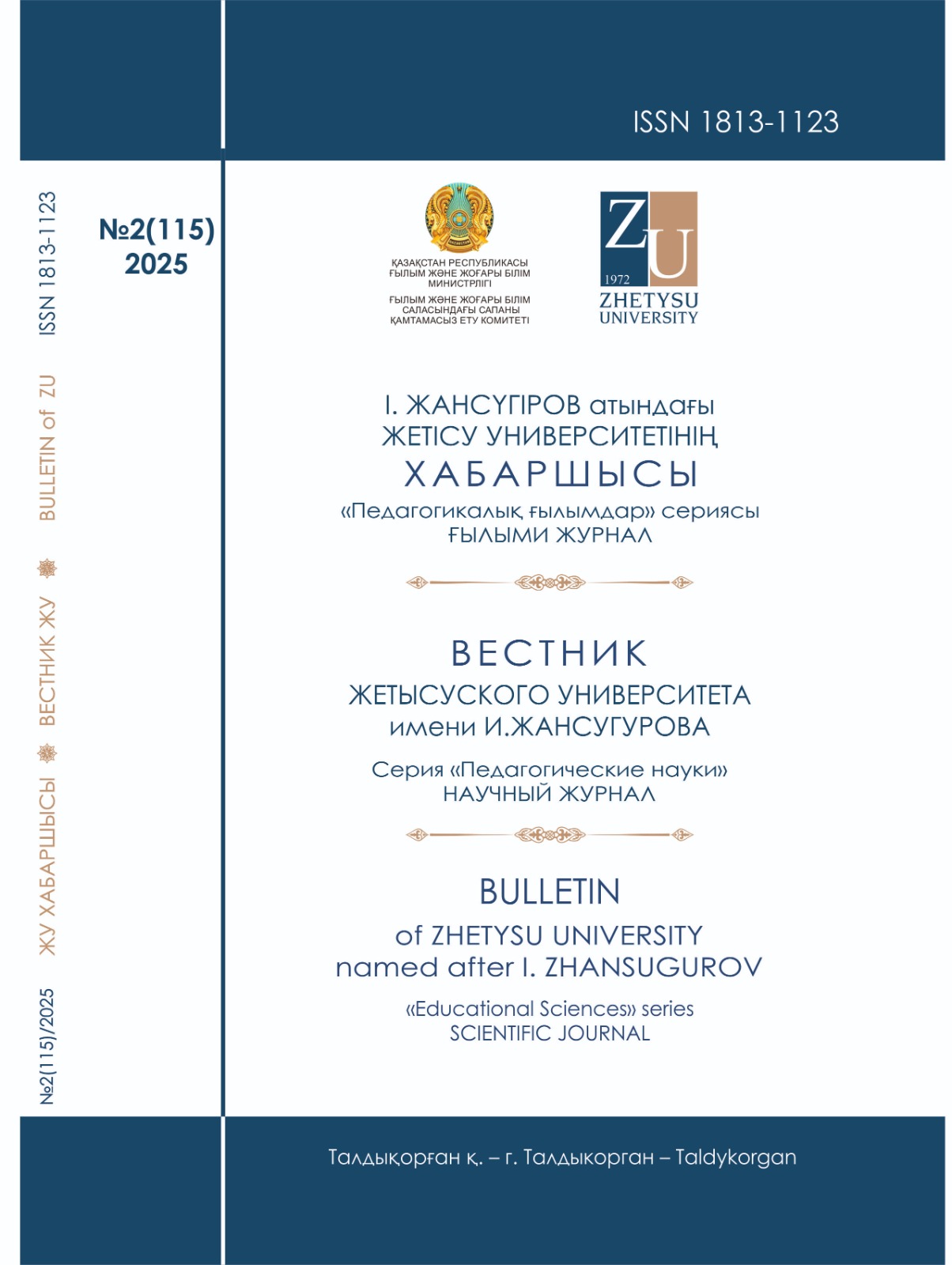USING GAME AND INTERACTIVE METHODS TO DEVELOP RESEARCH SKILLS: ANALYSIS BASED ON EXPERIMENTAL DATA
DOI:
https://doi.org/10.53355/ZHU.2025.115.2.018Keywords:
research skills, information and digital environment, primary school, educational technologies, pedagogical methods, digitalization, cognitive activityAbstract
This article explores the theoretical and methodological aspects of teaching research skills to primary school students in an educational setting that incorporates information and digital technologies. The study seeks to investigate how the information and digital environment influences students' research skills and to propose practical methods for effectively assisting them in this process. The research also aims to enhance students' cognitive activity by utilizing digital technologies specifically designed to foster research skills. The research utilized techniques like surveys, direct observation, and controlled experiments. Software tools like excel and python were utilized for data analysis. The findings emphasized the crucial role of the information and digital environment in boosting students' cognitive engagement. The article suggests creative teaching methods designed to enhance students' abilities in conducting research. The results will contribute to the creation of efficient strategies for improving the cognitive skills of primary school students. The research findings contribute to the modernization and improved efficiency of the educational process. The objective of this study is to establish the theoretical and methodological foundations for cultivating research skills in primary school students within an information and digital educational setting. The research focused on investigating how the information and digital environment influenced students' cognitive engagement and research skills. The findings of the study validate the use of information and digital technologies in education and suggest new approaches for enhancing students' research abilities. The study utilized a combination of qualitative and quantitative research methods. By conducting surveys, making observations, and performing experiments, the influence of the information and digital environment on students' research skills was assessed. Statistical analysis was performed using spss software. The study findings revealed that the integration of information and digital resources enhanced students' cognitive engagement by 25% and elevated their research abilities by 30%. The findings of the study hold great value and practical significance, as they can serve as a solid foundation for introducing innovative approaches in the field of education.

 ҚАЗ
ҚАЗ РУС
РУС ENG
ENG
